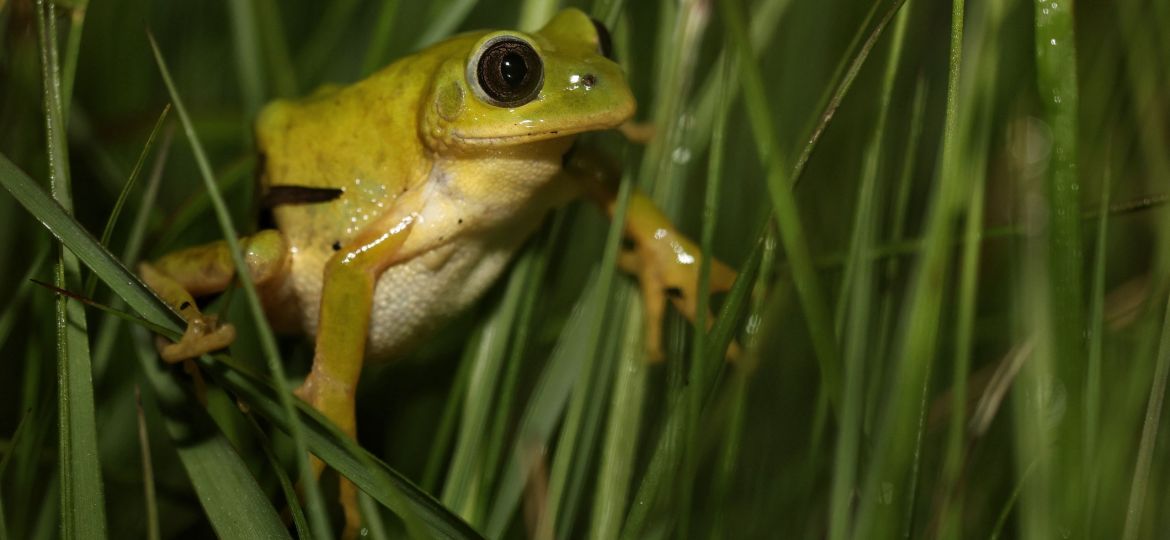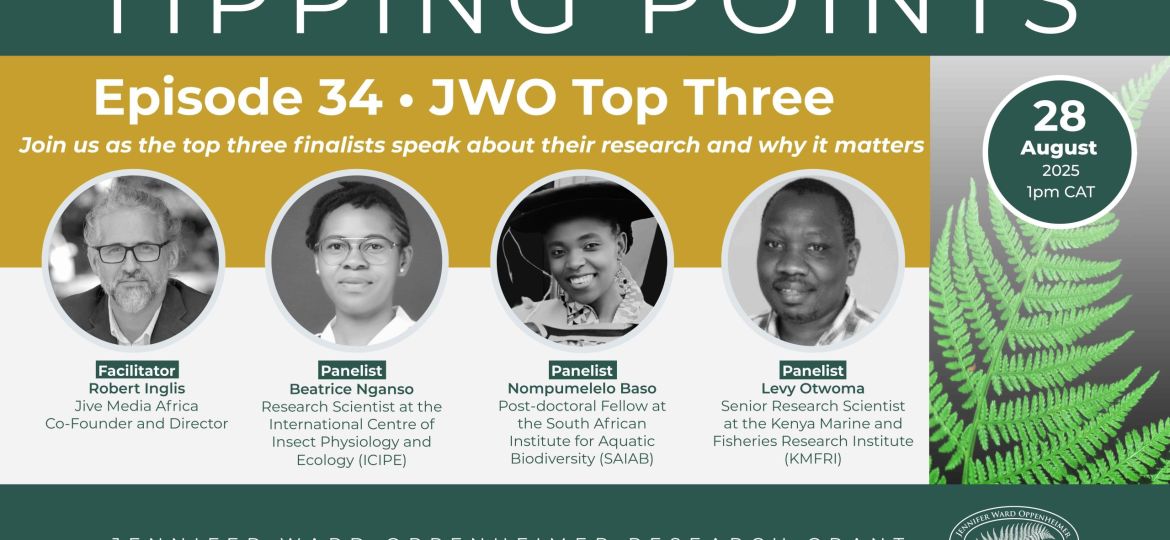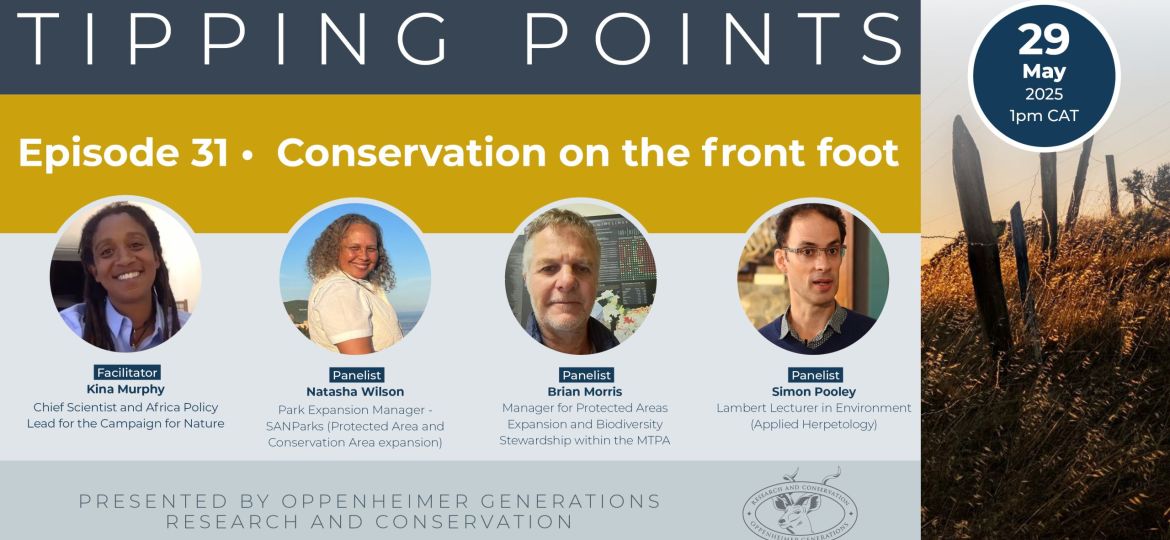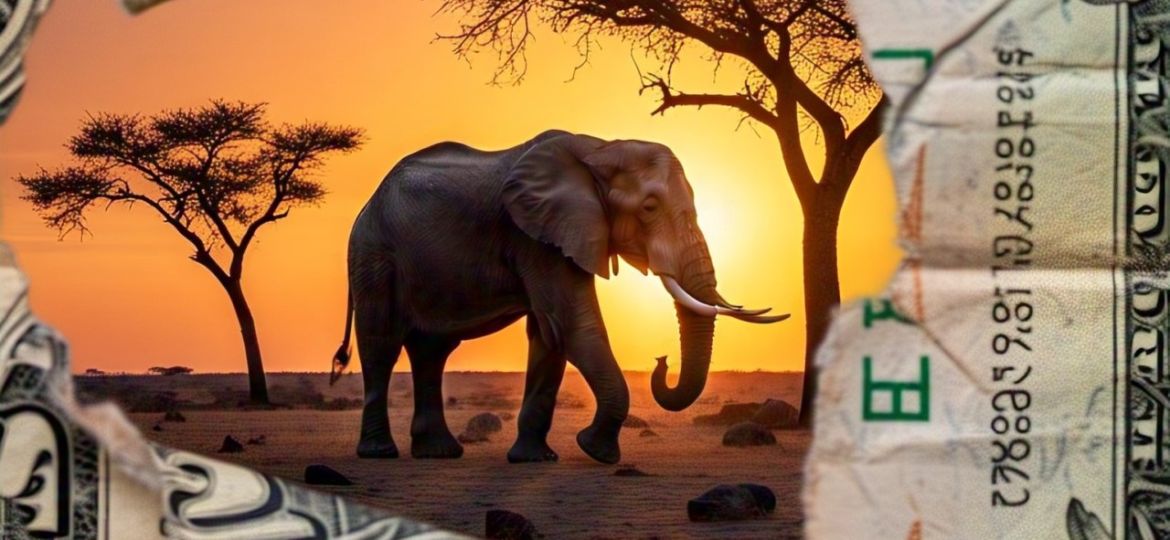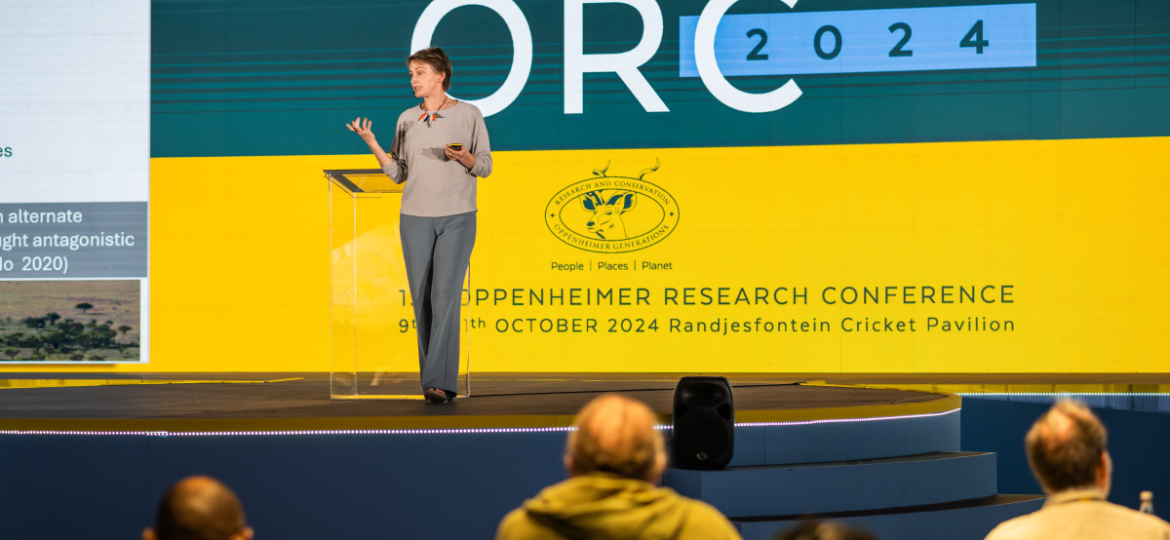Human-centred conservation takes focus at the Oppenheimer Research Conference — linking biodiversity, climate resilience, and community empowerment.
Fred Kockott
Discover the mystery of anguillid eel migrations and why global collaboration is key—spotlight from the Oppenheimer Research Conference 2025.
African scientists are overcoming systemic hurdles to strengthen research capacity on the continent, demonstrating that Africa can fashion its own answers to the environmental and conservation challenges it faces.
In sounds, signs, and symbols, scientists find new ways to tell nature’s story.
Beyond the brink: How three African scientists are building the tools to counter ecological collapse
As the Oppenheimer Research Conference prepares to present Africa’s richest research grant, this story dives deep into how the three finalists are harnessing cutting-edge tools to secure the continent’s natural heritage for future generations.
The ecologically rich grasslands in Mpumalanga’s highveld have become a front line in the struggle between biodiversity and coal mining.
Explore the impact on conservation efforts when global funding ceases, as discussed in last week’s Tipping Points webinar, ‘Beyond Aid: Rethinking Conservation Funding in a Changing World.’
In a world grappling with environmental crises, Africa must take the lead in addressing its environmental challenges.
Apart from a skeleton at the Durban Natural Science Museum, a mummified head and foot at the Oxford Museum of Natural History in England and no doubt some bits and bobs in other collections, little remains of the dodo.
Environmental scientists should step out of their silos if they want their research to make an impact, says Duncan MacFadyen, head of Oppenheimer Generations Research and Conservation.






